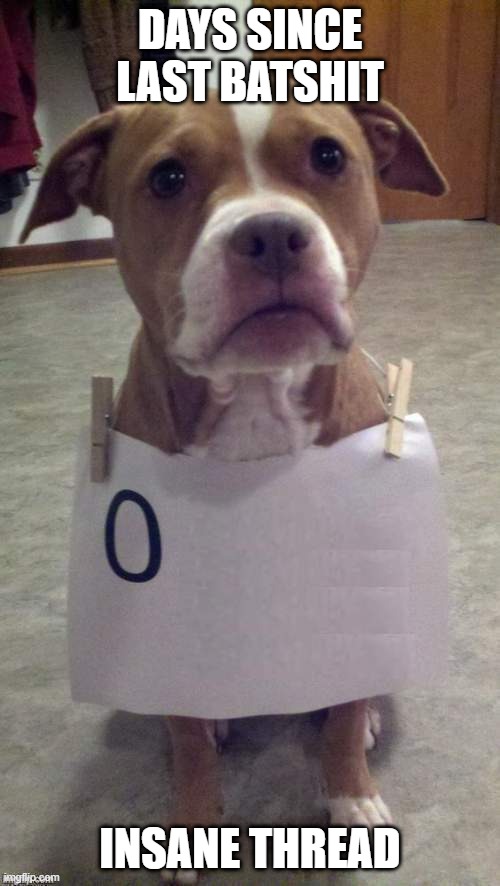That is true because no matter how much they try to cater to those players there will still be players who are just very very good at games.
I always thought there was an element here that people really love getting into analysis and critique of games and this is kind of cheapened when some annoying little brat can go "lol I don't care about the story I can run the whole game in an hour without taking damage". I think they feel put out by that in so many ways.
Being "good" at watching movies means being educated and articulate and being able to notice details and present new ideas. Some wine sipping and fart sniffing may be required.
Games are in an interesting spot because to be "good" just means that you can beat the game. It's kind of a great leveler and it allows anyone who is good enough to be a master of any given game. Meanwhile some who are more interested in critique rather than mastery don't seem to have the time or desire to play a game as much as they want to dissect it's story and look into it's politics. There's a reason why "game journalist mode" is a common joke.
This is why I like to learn about a game from a forum or from a Youtube personality who gets good at the title. Why would I need IGN's opinion (based on 45 rushed hours to get a review out) when I can have 10 different opinions from 10 different gamers who each spent over 200 hours with the game? IGN simply cannot compete.
I wonder why forums and sites are full of journos who aren't particularly accomplished at anything. News outlets will bring on ex-military or ex-DOJ or ex-whatever pundits to be subject matter experts. In sports commentary, you often see ex-players and retired coaches filling that role. Yet in videogames, these "professional" gaming outlets aren't hiring those kind of people. We have more than enough e-Sports celebrities, tournament champions, etc but why aren't they getting hired to write a review on an upcoming fighting game? Is it because the Jason Schrieeiers and celebrity devs wouldn't be able to get attention? Mixing it up with jornos and devs is cool, don't misunderstand, but technology is such that I can learn from the best players and the most passionate fans. Getting a professional opinion about a game is antiquated unless that writer is top caliber.
Sorry for the tangent. I'd love if it gaming communities could focus instead on mastering games and finding common ground with one another. The "Gaming Community", as it were, should be one big playground with strangers and acquaintances sharing tips and swapping stories about failures and successes. Journos and devs are too central to the conversation. I don't know what it would look like, but something like using the Streaming link on GAF, watching streamers with whom you've talked to and interacted. Getting to swap your opinions with like-minded gamers is the ideal, is it not? Technology already makes it possible, but internet culture has not quite caught up yet.
You look at your high profile ResetEra users and tell me they wouldn't be utterly enraged if some smug, smirking, high school kid can breeze through any game that they are struggling with.
I am still sure that From Software will include difficulty options in their games soon and you will see by the reactions over there and in the games media in general that this was never anything to do with accessibility.
What some of these people don't get is that the combination of challenge and reward
is the experience. Sekiro's theme is cool and all, don't get me wrong, but it was the developer who made it and their expressed philosophy behind certain design choices that I signed up for. I wanted the challenge. I wanted to see if I could break the puzzle. I saw comments that the game was just too hard and I was excited to try, not because I'm some top-shelf player, but because I wanted to struggle through the game and see if i could do it.
In the same way that muting the music in Final Fantasy 6 or disabling Sonic's idle animations would detract from the intended experience, removing difficulty is removing an aspect of the game that I want to experience. R-Type 's difficulty is part of the experience. A fighting game's learning curve is part of the experience. Dying online to better players is part of the experience. Is that not the nature of a "game"?
I suppose it would be fair to say they avoid the feeling of struggle in all other areas of their lives. Even the artificial struggle of videogame challenge is too great of a burden.
I watched these wimpy attitudes pop up a bit in the boardgame hobby (boardgamegeek.com is the central hub), and it didn't take root. Why? Because it was pretty obvious to anyone that your skincolor, disability, beliefs, etc didn't have anything to do with your ability to pick up wood pieces and make decisions. The biggest "social justice" concern was better color schemes for colorblind players (y'know, a functional issue that actually can be fixed and does affect customers).
It goes back to something you pointed out: the "game" aspect is a protection and a buffer against total ideological domination from fart sniffers. A sports pundit is expected to have some kind of root or personal experience in the sport to be taken seriously. Why don't journos get held to a similar standard by their readers? in some sense, even the readers want to see themselves reflected back in the reviews. The most popular AAA big-budget Hollywood games get 9s and 10s, reassuring the regular IGN or Eurogamer reader that they are making the correct choice by putting that new AAA game on preorder.
















